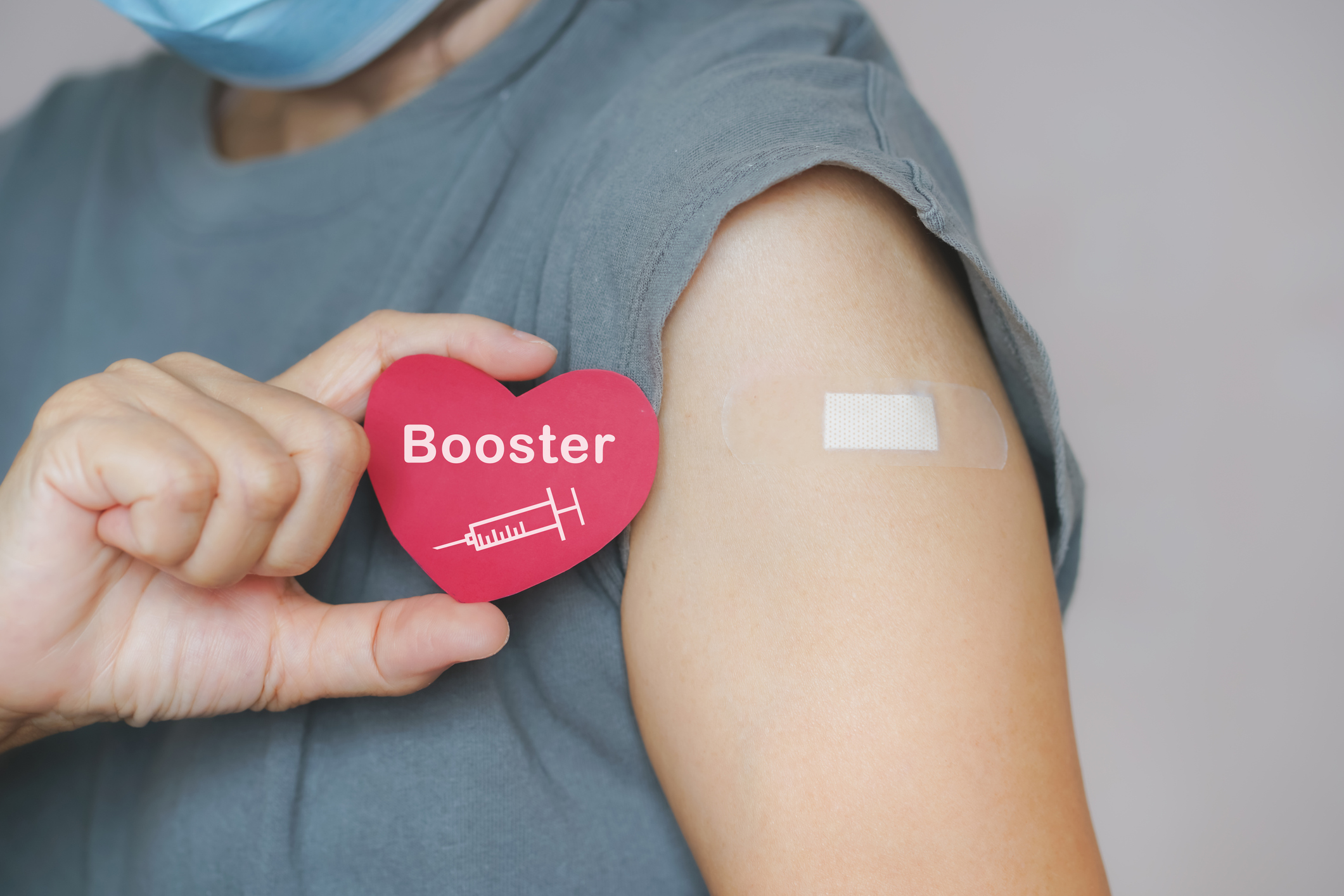Summer may have only just begun according to the calendar, but planning for fall and a return to in-person classes and work has public health officials calling for an expanded COVID vaccine booster that targets the Omicron subvariants BA.4 and BA.5. According to a recent American Medical Association update, the FDA’s vaccine advisory committee voted 19 to 2 in favor of the modification.
Recent estimates from the Centers for Disease Control and Prevention show the Omicron subvariants combined to become the dominant variant in circulation in the United States. The BA.4 variant is rapidly spreading across the U.S., and both are very contagious and can elude antibodies, which explains why these subvariants have spread faster than others in the Omicron family.
Both Pfizer and Moderna have been working on a booster vaccine that will combine the existing vaccine with the Omicron subvariants – the modified vaccine is anticipated to be ready by late October or early November. The primary vaccine series is not expected to change. Vaccine manufacturers had already been including the Omicron BA.1 vaccine in their booster preparation for fall but the additional changes may delay the booster’s availability for several weeks after the expected roll-out in the first week of October.
The U.S. Department of Health and Human Service recently announced an agreement to purchase 105 million doses of Pfizer’s COVID-19 vaccine for a fall vaccination campaign, with an option for up to 300 million doses. The contract includes a combination of adult and pediatric doses with a portion of the adult doses provided as single-dose vials.
People, especially vulnerable older adults, may be wondering if they should wait until fall to get a second(or third) COVID-19 booster. According to the CDC, people aged 50 and older should consider getting a second booster sooner rather than later if they have underlying health problems or live, or have jobs in environments that put them at high risk for infection. People who live with others at high risk for severe COVID, or who must travel or gather in large groups may also want to get a booster earlier.
Otherwise healthy people, and those recently infected with the Omicron variant, may want to delay getting a second booster until fall or if cases surge again. The Public Health Agency of Canada recommends that individuals who are at increased risk of severe illness from COVID-19 should be offered a fall vaccine booster dose regardless of the number of booster doses previously received. Moderna’s bivalent booster vaccine, targeted at the Omicron variant, that is currently in development is expected to be ready for public distribution in Canada by the early fall. Research has found the bivalent booster is highly effective against the BA.4 and BA.5 Omicron subvariants of the virus.
Stay informed on COVID-19 vaccine recommendations and updates by following this link to the U.S. Food and Drug Administration website.






Add Your Voice
0 Comments
Join the Discussion